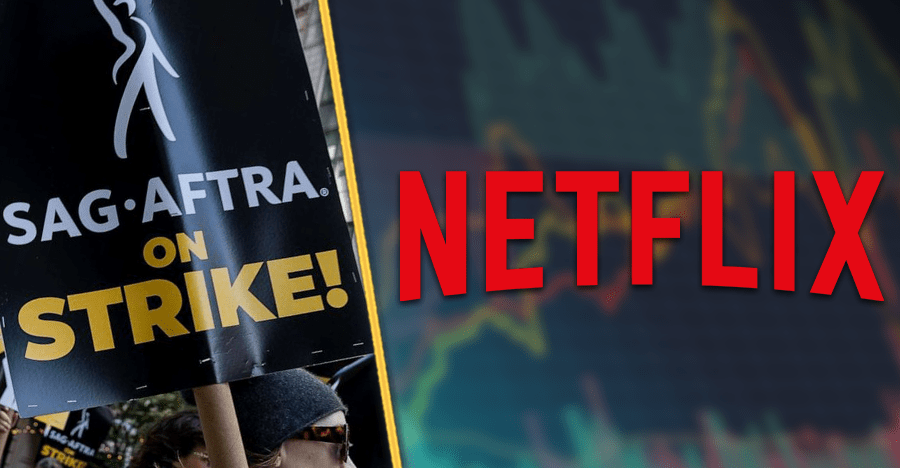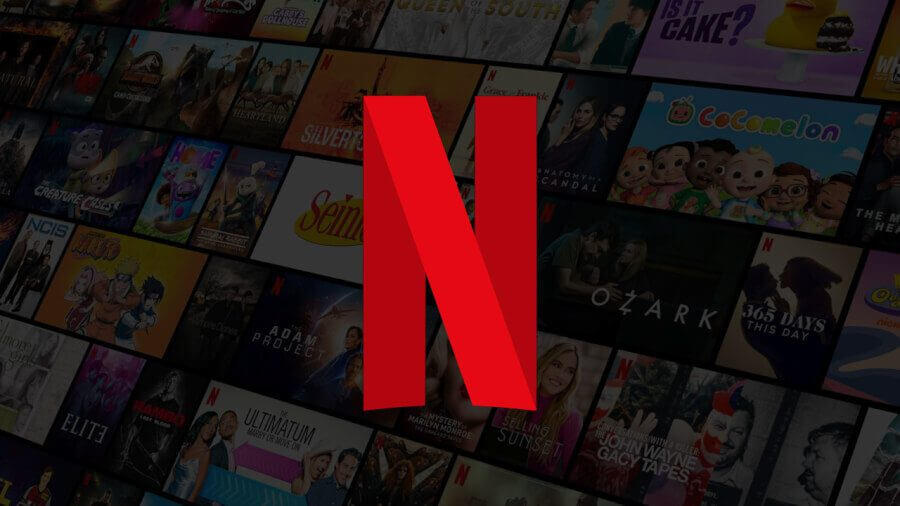Hollywood is coming up on three months without an active production. SAG-AFTRA, the union that represents screen actors, went on strike on July 14th after failing to come to terms on a new deal with the Alliance of Motion Picture and Television Producers. Like the WGA strike that came before it, SAG-AFTRA is seeking a number of similar clauses in its next contract with AMPTP including defined protections from AI and transparent residuals from streaming projects. These demands may prove to be a double-edged sword, as some have speculated that that streaming data going public will lead to studios being significantly more selective with what they green light. That, or streaming service subscription costs will skyrocket to accommodate the evolving pay system.
Videos by ComicBook.com
Netflix To Increase Prices After Actors Strike

Netflix plans to do the latter.
As reported by the Wall Street Journal, the red and black streaming service plans to “wait until the dual Hollywood writer and actor strikes end” before it increases subscription prices. The first domino has already fallen, with WGA reaching an agreement with AMPTP late last month. SAG-AFTRA resumed negotiations with the studios this week.
Netflix has not raised its prices since January 2022. The service currently has three tiers: standard with ads for $6.99/month, standard for $15.49/month, and premium for $19.99/month. The most significant change within its pricing as of late has been setting limits on password sharing, as now Netflix offers a $7.99/month add-on for extra members.
Will Netflix Keep Its Content Volume?

Netflix’s intention to raise its prices indicates that the company is focused on making up for its imminent budget increases externally rather than internally. As evident by Warner Bros. Discovery’s decision to archive and Disney’s cancellation of an already-finished , studios have sought to save money by whittling down the amount of content that they put out. Canning completed projects like Batgirl and Spiderwick Chronicles saves studios pennies and dimes in the long run, but scrapping shows or movies in the early development stage allows studios to allocate those potentially hundreds of millions of dollars to go towards residuals for actors and writers.
All that is to say studios cannot continue to pump out the magnitude of projects in the refined residual era at their streaming services’ current cheap costs. Only two of those three variables can be true, and for Netflix, it appears that they are willing to pivot subscription fees in order to maintain volume and comply with residuals.








